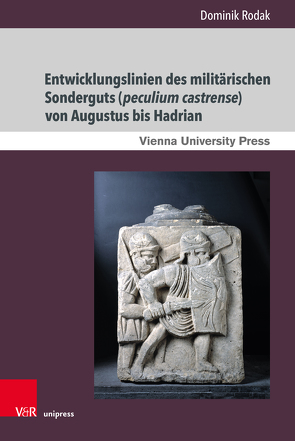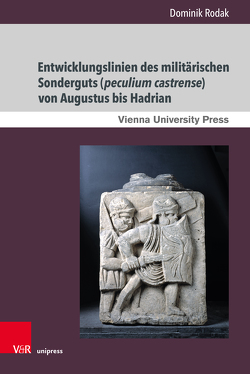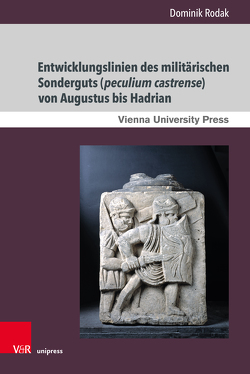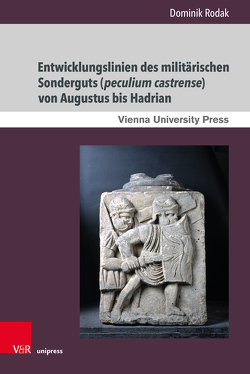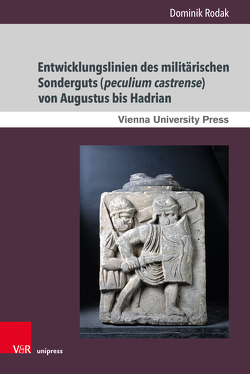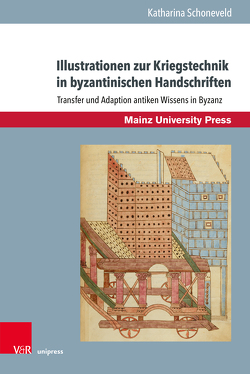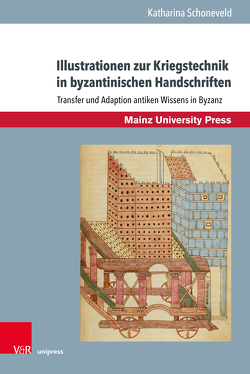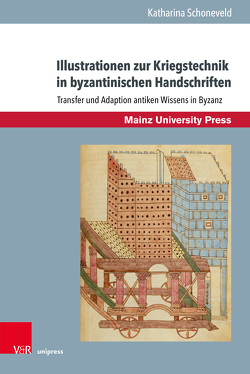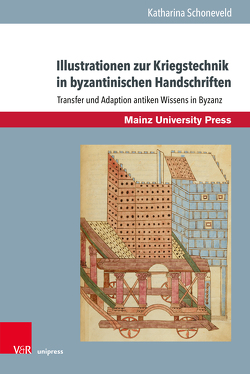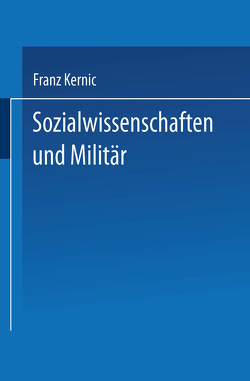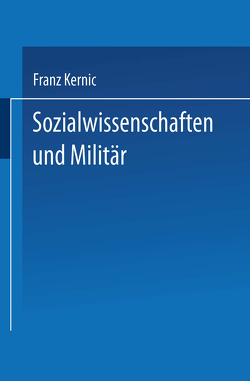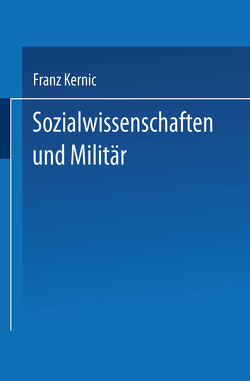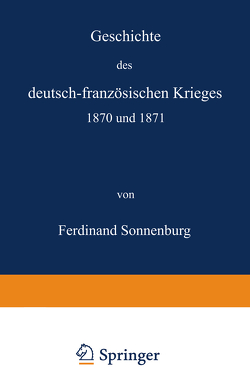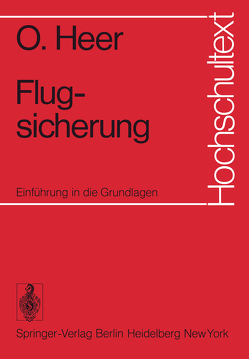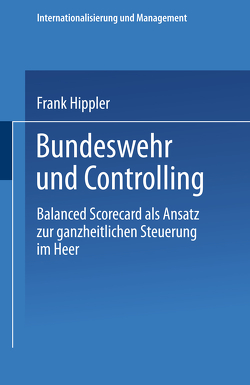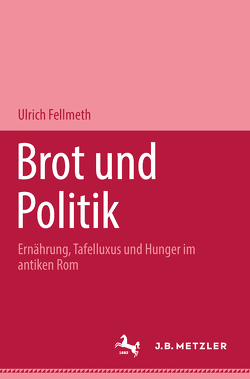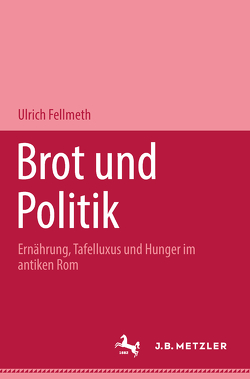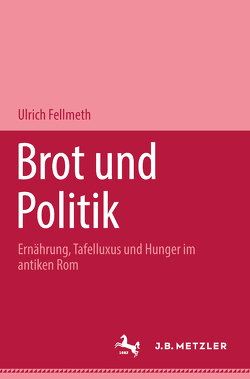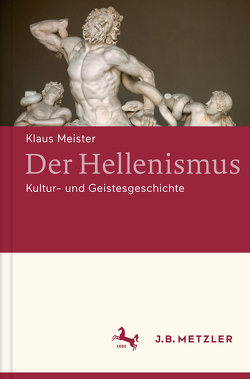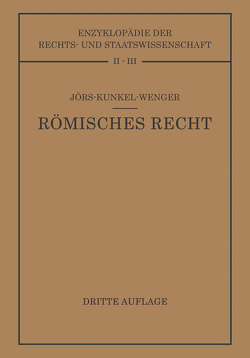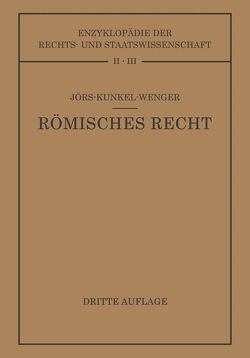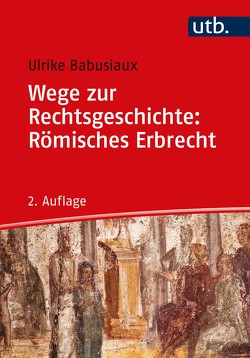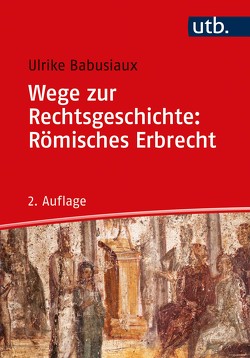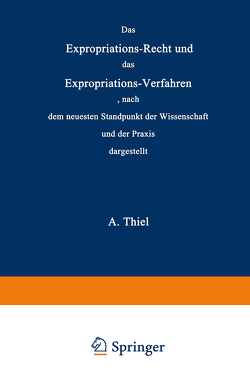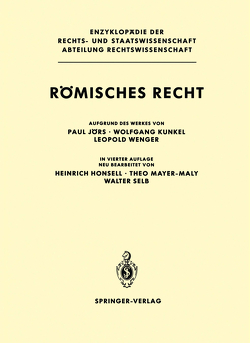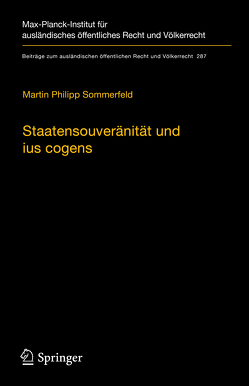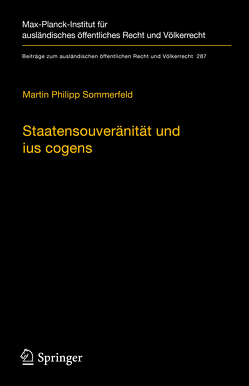Entwicklungslinien des militärischen Sonderguts (peculium castrense) von Augustus bis Hadrian
Dominik Rodak
Augustus sprach den als Soldaten dienenden Haussöhnen ein Testierrecht über jene Vermögenswerte zu, welche sie im Militär erworben haben (militärisches Sondergut – peculium castrense). Dies erwies sich als erster Schritt weg von der rigiden Haus- und Vermögensgewalt römischer Väter in Richtung einer vermögensrechtlichen Verselbstständigung der Hauskinder. Das vorliegende Werk widmet sich den »dark ages« der Rechtsfigur des peculium castrense und zeigt auf, wie militärpolitische Entwicklungen auf römisches Privatrecht trafen.
The ius testandi over a peculium castrense granted to filii familias milites opened the way towards an increasing independence of children-in-power with regard to property rights. This book especially focusses on the foundations of the institution and investigates its “dark ages”. It covers the legal history of the peculium castrense in a strictly chronological manner and follows the evolution of this special peculium during the periods from Augustus to Hadrian. The effect of granting the filius familias miles the ability to testate as well as the changes resulting from his integration into the structure and organisation of the army are investigated in relation to the patria potestas. A further topic discussed in depth are what may have been the motifs of a legal policy that established an ius testandi of filii familias milites and (since Hadrian) also of veterans still under the power of their fathers.
